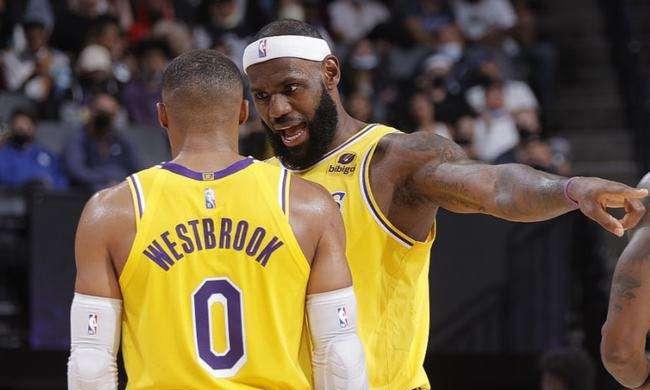A "buyout contract" is when a player signs a contract with the team for several years, and when the contract does not expire, the team or player unilaterally breaks the contract. When an NBA player is bought out, can he get his full salary? The answer is not necessarily, because the buyout is also divided into many situations, and the money that can be obtained in different situations is not the same.

The first scenario: the team wants to unilaterally buy out the players
The team signed a multi-year big contract with a player, or through the trade to get a player with a big contract for many years, the player's performance during the team was disappointing, the team wanted to clean up the player, so that the team had enough salary space to strengthen, but found that the player could not be traded, no team was willing to take over, then the last resort was to buy out the player.
The action of "buying out the contract" is simply to pay liquidated damages, and the amount of liquidated damages is stipulated when signing the contract. This situation is a unilateral breach of contract by the team, so the player can not only get all the salary stipulated in the contract, but also get the liquidated damages paid by the team.
Assuming that Westbrook's performance is as bad as ever, other teams are unwilling to take over, and the Lakers want to find helpers for James and Davis, then they can choose to buy out with Westbrook, and in the case that Westbrook is not willing to accept the buyout, they can pay All of Westbrook's remaining wages, and pay liquidated damages, and then use the delayed payment method to give money to Westbrook, and spread Westbrook's salary into the next few seasons, which can release salary space to a certain extent.
The second scenario: the player unilaterally wants to be bought out
When a player is unhappy in a team, such as the team enters the reconstruction period, the veteran is difficult to get the opportunity to play; or the tactical system that is difficult to coach with its own technical characteristics is difficult to coach, and it is abandoned by the coach; or it is dissatisfied with the ball, tactical position, playing time, etc., they want to go to other teams to show their fists, but the team is difficult to meet them through trading, they can apply to be bought out.
This situation belongs to the unilateral breach of contract of the player, how much money they can get depends on the explicit provisions when signing the contract, anyway, they will not get the full salary, but also pay a certain amount of liquidated damages, in this case the loss of the player is very large. Therefore, when the new owner's attractive promise is not obtained, there will be no player who will ask to be bought out without the team's consent, after all, who will not get over the money?
The third scenario: the team and the players reach a buyout agreement
Under normal circumstances, whether the team wants to buy out the player, or the player wants to be bought out, the two sides will sit down and negotiate well, under the premise of ensuring the interests of both sides, each step back, so the above two situations are rare in the NBA, the team and the players reach a buyout agreement is the most common in the NBA, the NBA is always a business, win-win cooperation is the ultimate goal.
Case in point: In 2021, Griffin and the Pistons reached a buyout agreement to join the Nets after passing the clarifier. In the buyout, Griffin gave up $13 million, but he was able to become a free agent, leave the lifeless Pistons, and have the opportunity to compete with the Nets for the championship, and as a veteran, he chose to give up some money to get a chance to chase the championship. The Pistons could pay Griffin $13 million less, reducing salary pressure while giving younger players more opportunities, which is important for them as they enter the rebuilding period.
Some players have given up a lot of their salaries in the buyout, preferring not to have this money to change to a new environment, but some players have already received a promise from the new owner before the official buyout, and after the clarification period, he signed a contract with the new owner just the same amount as the buyout, or the same, in this case the player did not lose.
Finally, it should be noted that after the team and the player reach a buyout, although they can pay less money, the part that needs to be paid will still occupy the team's salary space, but the salary pressure is much smaller than before the buyout, and if it can be paid by delayed payment (similar to installment payment), the salary pressure will be less, so many teams are willing to agree to the player's buyout application.